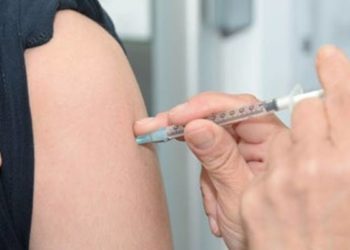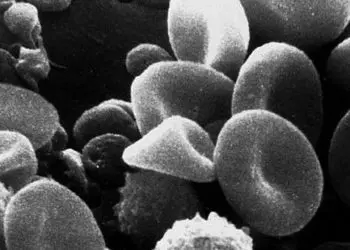#Visual Abstract: Special Report: Vaccines in Development Part 1: Pfizer/BioNTech vaccine first to receive emergency use authorization
Section 1: Pfizer/BioNTech Vaccine First to Receive Emergency Use Authorization to Prevent COVID-19
On December 11, 2020, the U.S. Food and Drug Administration (FDA) approved for emergency use the first vaccine to prevent coronavirus disease 2019 (COVID-19).1 This vaccine includes BNT162b2, a lipid nanoparticle-formulated, nucleoside-modified RNA and encodes a prefusion stabilized, membrane-anchored SARS-CoV-2 full-length spike protein.2 The safety and efficacy of this vaccine, funded by Pfizer and BioNTech, have been studied, with a Phase 2/3 study of 43,548 participants suggesting that two 30μg doses of BNT162b2 three weeks apart is 95% effective in preventing COVID-19 (95% credible interval 90.3 to 97.6). This finding was similar across subgroups of age, race, sex, ethnicity, BMI and coexisting medical conditions (90-100%).3 Further, between vaccine and placebo groups, cumulative incidence of COVID-19 diverges by 12 days after the first dose, which is 7 days after the estimated median viral incubation period. A total of 10 severe COVID-19 cases arose after the first vaccine dose, with only one of these occurring in the BNT162b2 group. Though more patients that received the vaccine dose reported related adverse events (21% versus 5%), this was primarily due to the inclusion of transient reactogenicity events such as fever and chills that resolved within 2 days post vaccination. Serious adverse events were rare and similar across both vaccine and placebo groups (<0.0001%). As such, the reported safety profile was limited to fatigue, headache, and transient, mild-to-moderate pain at injection site. Ultimately, this vaccine demonstrated itself to be 95% effective in preventing COVID-19. The early batches of the Pfizer/BioNTech vaccine will only be enough for approximately 3.2 million people, such that the Centers for Disease Control and Prevention (CDC) has had to focus recommendations on who should receive these early vaccines. Frontline healthcare workers and residents of long-term care facilities will be among those receiving vaccines early in the process.4 States have been tasked with prioritizing the needs of its residents, with variation across the country based on where it stands with COVID-19 cases. Further, specific facilities are required for the cool storage of the vaccine, which places smaller hospitals and under-resourced areas at a disadvantage. However, the Pfizer/BioNTech vaccine is a landmark opportunity to control the virus with proven efficacy and safety in the coming months as other vaccines seek approval.
©2020 2 Minute Medicine, Inc. All rights reserved. No works may be reproduced without expressed written consent from 2 Minute Medicine, Inc. Inquire about licensing here. No article should be construed as medical advice and is not intended as such by the authors or by 2 Minute Medicine, Inc.







